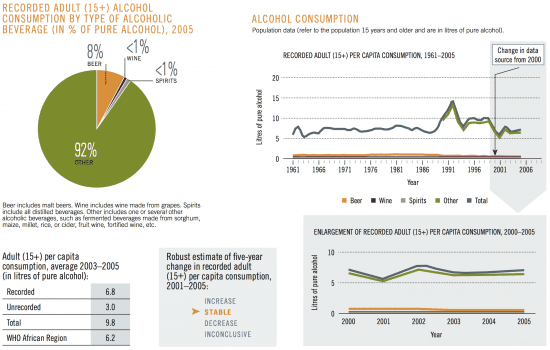I had always been told that Kigali, Rwanda was a must-see city in East Africa. ‘The cleanest city in the whole EAC!” Therefore when I made my first trip to this “country of a thousand hills” I sort of knew what to expect, but I was pleasantly surprised too.
At the airport, one is welcomed by a sign that informs every visitor that plastic bags are not allowed. This is an excellent initiative considering how these bags have become a menace in EAC. Therefore a big tick for saving the environment! The streets are definitely free from any litter. Bins are everywhere and there are street lights, that actually work!
Being the first time to this very green city with its well manicured wide sidewalks, I visited the genocide memorial.
I had not expected the intensity of emotions I felt when I visited this place but what I can say is that every individual needs to visit the memorial. It changes one forever and makes one see how powerful the media can be and especially how HATE can destroy a nation.
What struck me as the most positive aspect about the Rwandese was their audacity and capacity to forgive and move on. Let me stress this, it’s forgiving NOT FORGETTING.
Both missions to Rwanda were to find out the alcohol abuse situation in the country. After discussions with several organizations, I began to think that this was a nation with bigger problems: A Nation recovering from violence, rebuilding, repopulating, re-educating, refocusing, reconciling, rehabilitating, reconnecting to the rest of the world. How do we dare come up and inform them about the dangers of alcohol?? That seemed the least of their problems!
To my amazement, the understanding that alcohol is an obstacle to development, leads to poverty, violence against women, crime, accidents was welcomed with open arms. In fact some organizations had started projects working against drugs and alcohol. The main reason why alcohol was a problem was that, the people were using it to try to forget the memories from the genocide. Some are still dealing with loss of family. Some saw their parents, siblings massacred in front of their eyes, others barely made it with all their limbs.
It was in Rwanda that I learned the resilience of humanity, the need to forgive as well as how deeply the aspect of Violence Against Women went in East Africa. Violence is not only physical. The most common are of course sexual, emotional violence, verbal violence.
However a woman who cannot inherit property from her parents is experiencing a form of violence. Women who do not automatically inherit their husband’s property are experiencing violence. Women who do not jointly own land or other properties with their spouses are experiencing economic violence. Girls who spend time performing chores after school instead of doing homework so they can keep up with the boys are experiencing another form of violence. A man who comes home in the wee hours of the morning after bar-hopping and wakes his wife up to open the door, make him a meal, serve him the food is committing violence against her.
This is what my beloved continent faces. Culture makes us believe that this is ok, that’s the norm. But it isn’t. Peace of mind and well being makes us more productive and this productivity leads to the faster development of our countries. In order to stop all of the above, it starts with the already empowered.
During this second visit, I have felt more at home in Kigali. The people are friendly, hardworking, willing to change their fate and the fate of their countrymen. The organizations I have met are doing commendable work. It is no wonder their recovery has been so fast. The growth of the middle class is increasing very quickly and with it comes the snare of the Alcohol industry. The alcohol marketing in this country is growing and one can tell a lot of funds are being used. There is an alcohol policy in the pipeline and this is encouraging. The Ministry of health is working hard to sensitize the public and the First Lady is the Champion for projects that work against alcohol abuse.
After all they understand that tackling alcohol issues means improving the outlook for the future, in terms of recovering from violence, rebuilding, repopulating, re-educating, refocusing, reconciling, rehabilitating, reconnecting to the rest of the world.



If a nation is being rebuild, that’s the best chance to ban alcohol completely. Alcohol has no positive and so many negative effects. Take that chance.
Alcohol use causes tremendous social harm, in addition to the economic, medical and democratic harm. It means that many, many people around the alcohol user suffer – and even die – no matter their personal choices.
That’s why we make the case for regulating affordability, availability and banning alcohol marketing. These measures obviously will increase people’s freedom. That’s what IOGT International stands for, in terms of how societies should deal with alcohol.